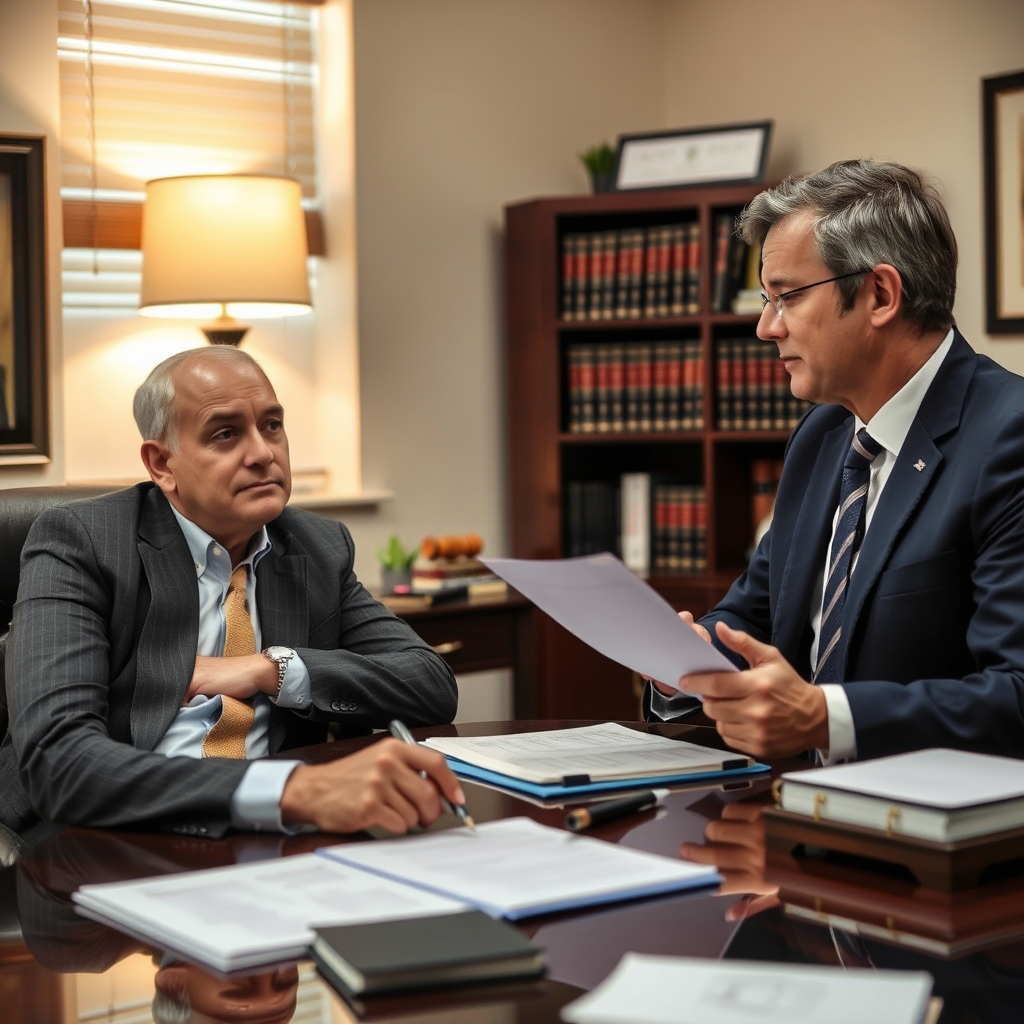Our Office Locations
Courts We Cover in Virginia
Accomack, Albemarle, Amelia, Arlington County, Brunswick, Buckingham, Caroline, Charles City, Chesterfield County, Clarke, Culpeper, Cumberland, Dinwiddie, Essex, Fairfax County, Fairfax City, Fauquier, Fluvanna, Frederick, Gloucester, Goochland, Greene, Greensville, Hanover County, Henrico County, Isle of Wight, James City, King and Queen, King George, King William, Lancaster, Loudoun County, Louisa, Lunenburg, Madison, Mathews, Mecklenburg, Middlesex, New Kent, Northampton, Northumberland, Nottoway, Orange, Page, Powhatan, Prince Edward, Prince George, Prince William County, Rappahannock, Richmond, Rockingham, Shenandoah, Southampton, Spotsylvania, Stafford, Surry, Sussex, Warren, Westmoreland, York, Accomac, Charlottesville, Lawrenceville, Bowling Green, Charles City, Berryville, Tappahannock, Warrenton, Palmyra, Winchester, Stanardsville, Emporia, Williamsburg, Leesburg, Boydton, Saluda, Eastville, Heathsville, Luray, Farmville, Manassas, Washington, Warsaw, Harrisonburg, Woodstock, Courtland, Front Royal, Montross, Alexandria, Charlottesville, Chesapeake, Colonial Heights, Emporia, Herndon, Vienna, Falls Church, Franklin, Fredericksburg, Hampton, Hopewell, Manassas Park, Newport News, Norfolk, Petersburg, Poquoson, Portsmouth, Suffolk, Virginia Beach
Courts We Cover in Maryland
Allegany, Anne Arundel, Baltimore County, Baltimore City, Calvert, Caroline, Carroll, Cecil, Charles, Dorchester, Frederick, Garrett, Harford, Howard, Kent, Montgomery, Prince George’s, Queen Anne’s, Saint Mary’s, Somerset, Talbot, Washington, Wicomico, Worcester, Cumberland, Annapolis, Towson, Prince Frederick, Denton, Westminster, Elkton, La Plata, Cambridge, Frederick, Oakland, Bel Air, Ellicott City, Chestertown, Rockville, Upper Marlboro, Centreville, Leonardtown, Princess Anne, Easton, Hagerstown, Salisbury, Snow Hill
Our attorneys and staff speak the following languages in addition to English: Tamil, Telugu, Hindi, French and Spanish







